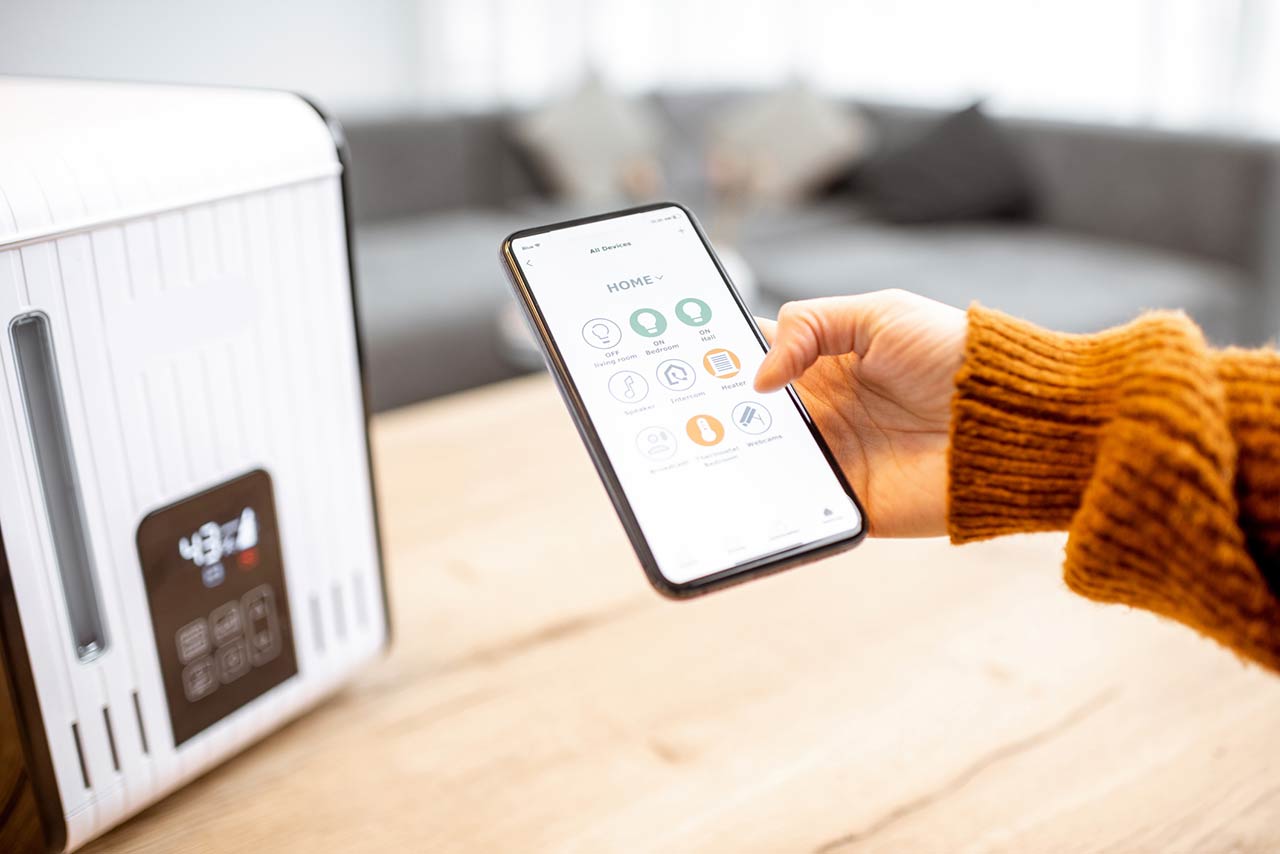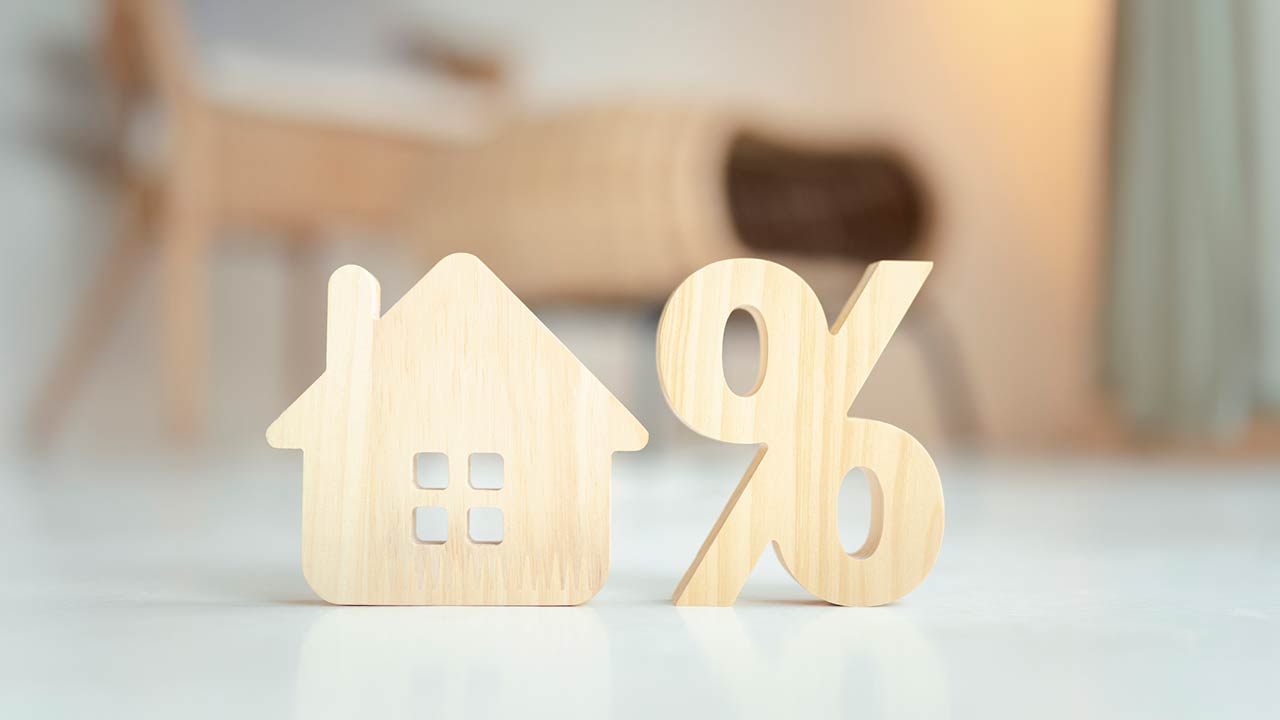The Pros and Cons of Home Automation for Homeowners

In the modern age, home automation has become increasingly popular among homeowners seeking to simplify their lives and enhance their living spaces. While the benefits of automating your home can be substantial, it’s also important to weigh the potential downsides. Understanding both the pros and cons of home automation can help homeowners make informed decisions that align with their lifestyles and needs.
Pros of Home Automation
CONVENIENCE AND EFFICIENCY: One of the most significant advantages of home automation is the convenience it offers. With smart technology, homeowners can control various systems in their homes—from lighting to heating—through their smartphones or voice-controlled devices. This means adjusting the thermostat or turning off lights can be done from anywhere, enhancing overall efficiency and ensuring that no energy is wasted.
INCREASED SECURITY: Home automation can significantly bolster security. Smart security systems, including cameras and motion detectors, can be monitored in real time and send alerts directly to your phone. Features like remote locking and unlocking of doors further enhance security, allowing homeowners to grant access to visitors without being physically present.
ENERGY SAVINGS: Automating home systems can lead to considerable energy savings. Smart thermostats, for instance, learn the heating and cooling patterns of the household, adjusting temperatures automatically for maximum efficiency. Additionally, smart lighting systems can turn off when rooms are unoccupied, which reduces energy bills while contributing to a more sustainable home.
IMPROVED COMFORT: Home automation allows homeowners to create customized environments. Whether it’s pre-setting a morning coffee to brew at a specific time or adjusting the lighting to suit the mood for a movie night, automation enhances comfort in everyday living.
ACCESSIBILITY: For homeowners with disabilities or health limitations, home automation can provide unprecedented accessibility. Automated doors, voice-activated systems, and smart devices tailored to individual needs can significantly improve quality of life.
Cons of Home Automation
INITIAL COSTS: One of the main drawbacks of home automation is the initial investment required to set up these systems. While prices have come down over the years, outfitting an entire home with smart devices can still be expensive, including installation costs for more complex systems.
COMPLEXITY AND RELIABILITY: Depending on the technology installed, homeowners may face a steep learning curve. With a variety of devices and platforms available, navigating the compatibility and usability of different systems can be challenging. Additionally, reliance on technology means that failures or bugs can disrupt daily life.
PRIVACY CONCERNS: Many smart devices constantly collect data to function effectively. This raises legitimate concerns about privacy and data security. Homeowners must be diligent in understanding how their data is used and taking steps to safeguard their personal information.
INTERNET DEPENDENCY: Most home automation systems require a stable internet connection to work optimally. If the internet goes down, it can render many smart devices useless, making it crucial for homeowners to consider a backup plan.
OVER-RELIANCE ON TECHNOLOGY: While automation can significantly enhance convenience, it can also lead to an over-reliance on technology. Homeowners may find themselves managing their homes more passively, potentially reducing engagement with their living spaces.
Bottom-line
Home automation offers a myriad of benefits, from convenience and energy savings to enhanced security. However, the initial costs, potential privacy risks, and reliance on technology are essential factors to consider. Homeowners should carefully assess their needs and preferences before making significant changes to their living environments, ensuring that the benefits outweigh any drawbacks.


